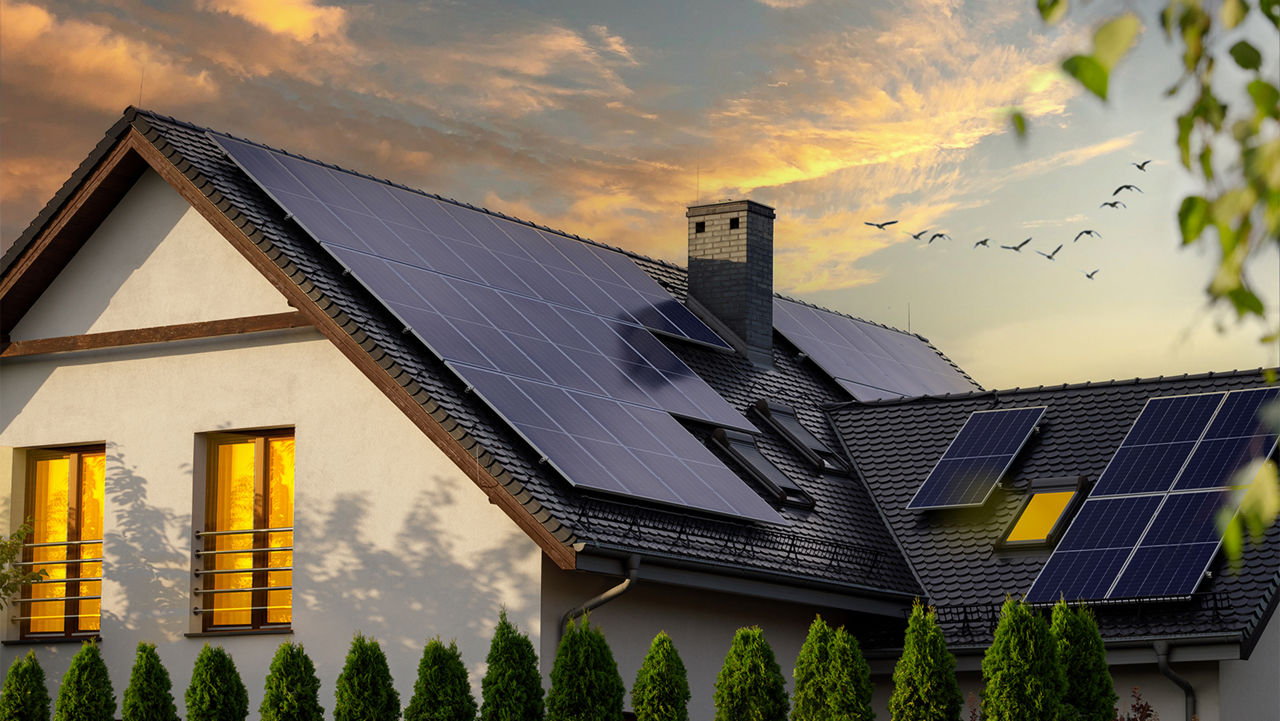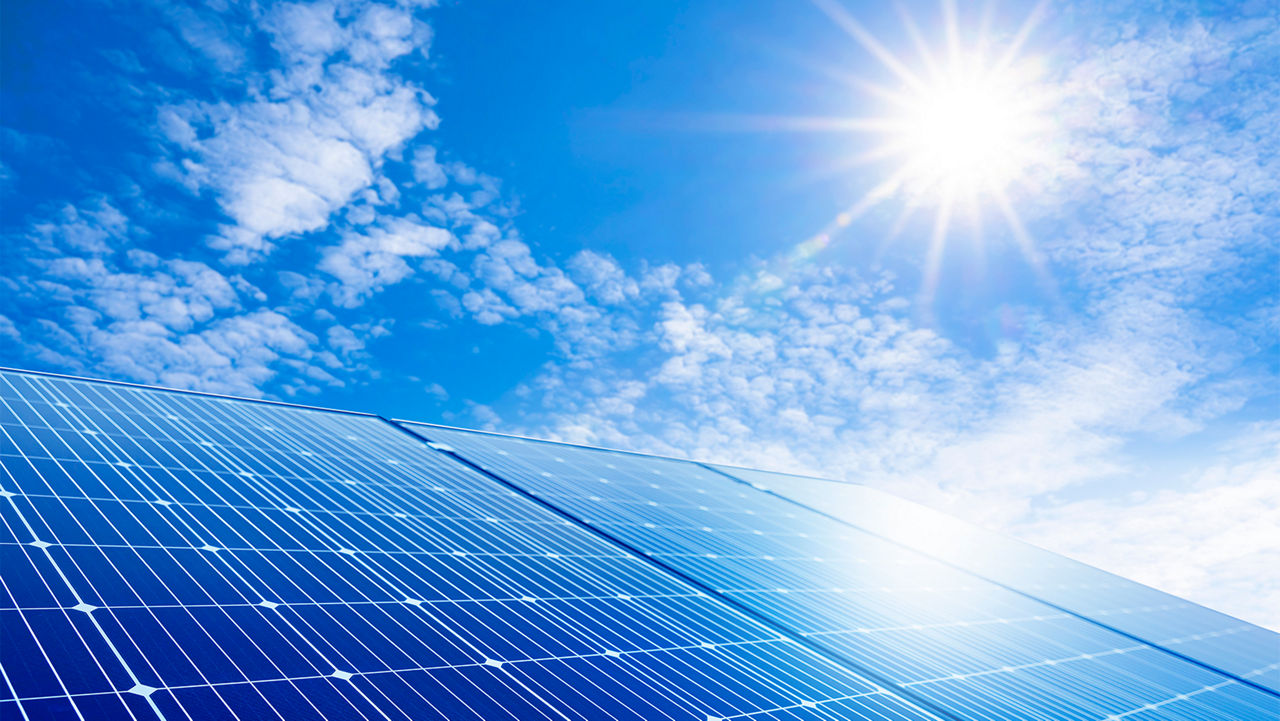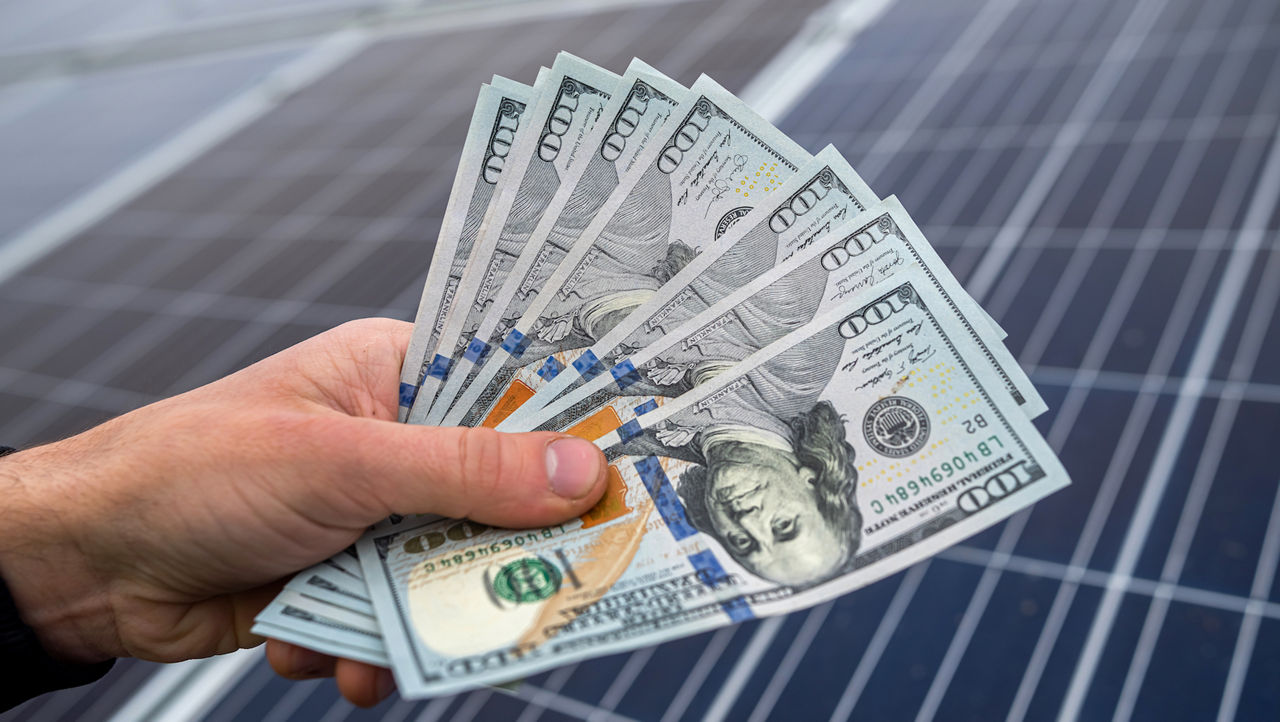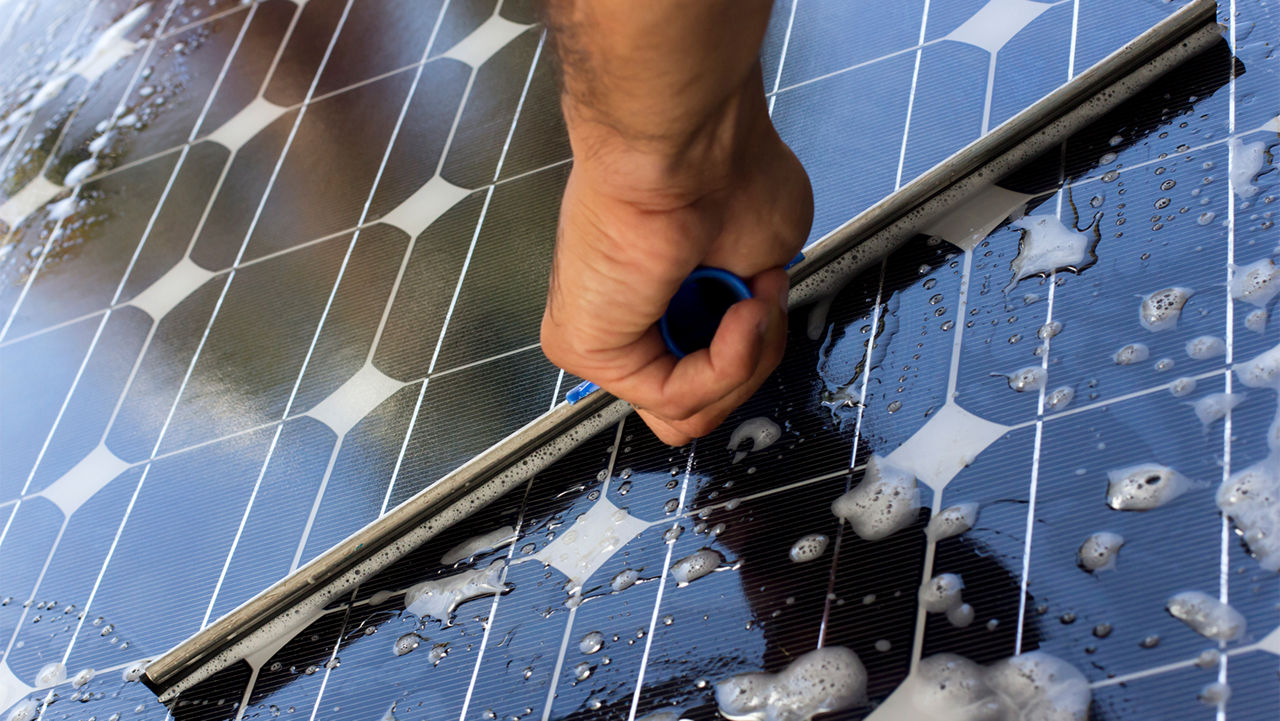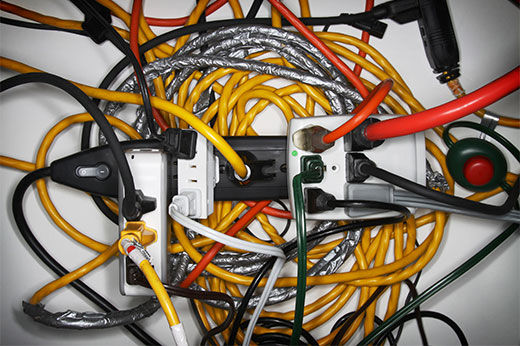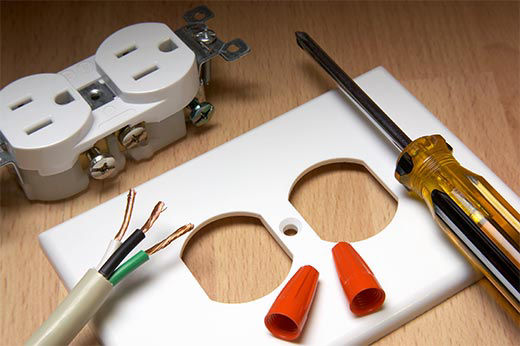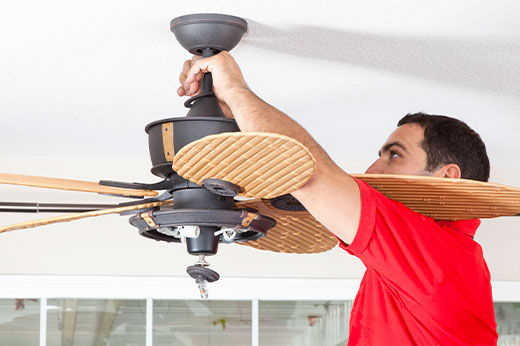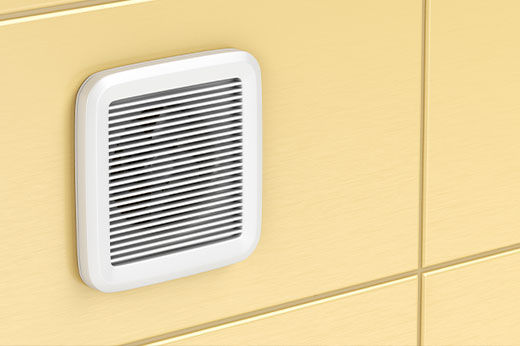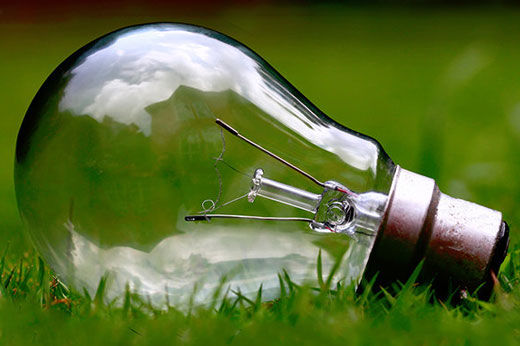What Are Residential Solar Tax Credits?
State and Federal governments offer several tax credit options for people who purchase and install solar panels. In some cases, the credits are even available for vacation homes and rental properties. The Federal Solar Investment Tax Credit program runs through 2035 and can provide a 22-30% federal tax credit for the cost and installation of solar panels.
Many states also offer tax incentives to help offset the cost and installation of solar panels. Of course, before claiming any tax credit, it’s always a good idea to check with your tax accounting professional to ensure you properly qualify.
It's worth noting that your local utility company may also offer some incentives for installing a solar power system. These incentives may not apply towards your tax credit, so discussing them with your financial advisor to ensure you're maximizing your savings is essential. In addition to saving money on your monthly utility bills, you'll save with credits, making solar panels a very cost-effective option.
Benefits of Solar Panels
Solar panels have several other benefits besides saving on your utility bills and the possibility of tax credits. One of the main pros of choosing solar panels is that they can increase the value of your home. As we move towards more green energy options, solar panels offer an enormous appeal to potential buyers and can help you fetch a higher asking price.
Additionally, solar panels protect you and your family from power outages. If you live in rural areas or places where weather patterns can frequently lead to grid outages, solar panels offer reassurance that you'll have access to power no matter what happens.
Solar panels are also an eco-friendly choice. They can help to limit global warming and the potential damages of over-mining fossil fuels. Solar panels don't pollute the air or add to carbon emissions. They work with very low environmental impact, and solar energy is an unlimited resource.
The biggest benefit to homeowners is the savings solar panels provide on your energy bills. You can produce enough energy that you may not be dependent on the grid at all, or you may only need to use a small amount of local power. Solar energy can dramatically cut your monthly bills.
